2002 Cabinet Papers: Consensus ‘couldn’t be reached’ on post-9/11 security measures
The Department of Prime Minister and Cabinet feared its inability to get state agreement on contentious new security measures in the wake of September 11.
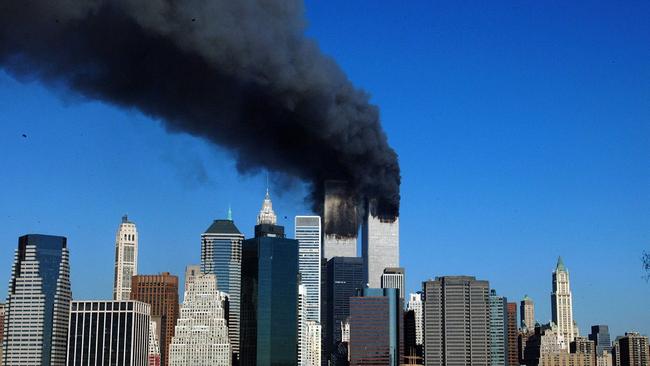
The Howard government was forced to strengthen Australia’s counter-terrorism laws in the wake of September 11, including confirming the defence force would step in if the “terrorist threat has reached a level that is beyond the capacity of the civil authorities to resolve”.
With the public on heightened alert in 2002, cabinet papers released by the National Archives reveal the National Security Committee scrutinised various measures to bolster aviation security and border protection but could not reach a consensus.
“The proposals in the submission cover four different aspects of a strengthened approach to aviation security, border protection and response,” a cabinet document said. “These are: strengthening aircraft and airport security; identifying and intercepting terrorists before or at the border; improvements in identity verification and document integrity, and; improvements in investigation and response.
CABINET PAPERS 2002
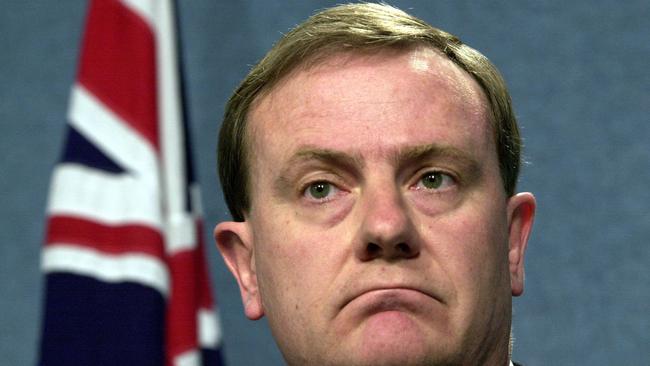
‘Advantage lost’: Costello slams inaction on debt
Twenty years after warning cabinet of significant future budget pressures, former Treasurer Peter Costello says the fiscal and debt position of the nation is far worse than it needed to be.
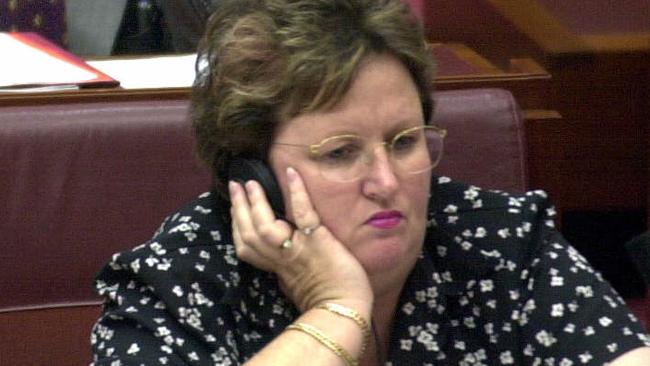
‘I don’t have time for egomaniacs who take notes’
Amanda Vanstone lifts the lid on her time in cabinet, including her dealings with John Howard and disdain for ministers more concerned with publishing memoirs than serving the community.
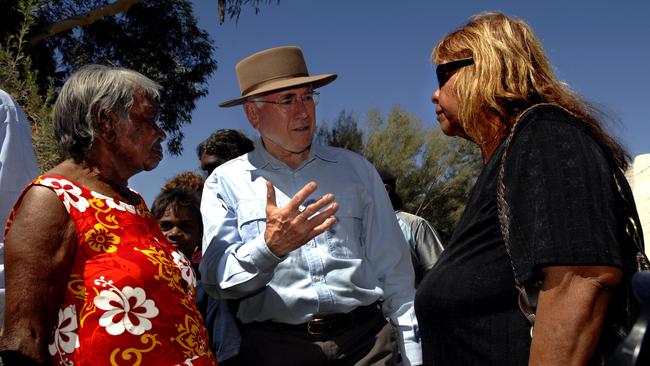
Why Howard government refused to say sorry
Fears that present day Australians would be held responsible for atrocities of the past were behind the Howard government’s refusal to apologise to Indigenous Australians in 2002.
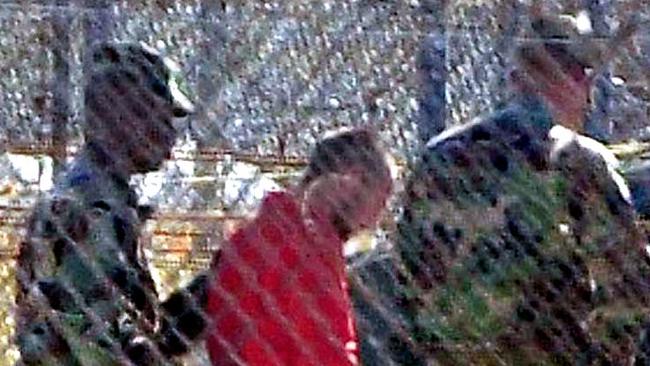
Hicks’ Guantanamo detention ‘lawful’, government ruled
Australian and US governments agreed on the need for a ‘consistent public position’ on Guantanamo detainee David Hicks, cabinet minutes from February 2002 reveal.
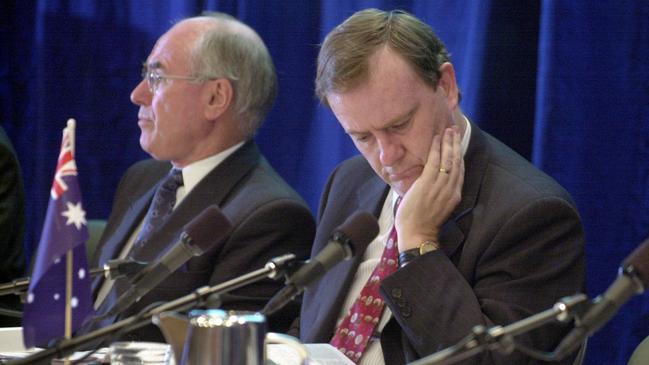
‘Why we never ratified Kyoto was beyond me’: Costello
Peter Costello laments rejection of 1997 Kyoto Protocol as cabinet documents from 2002 reveal Treasury argued for incentives to invest in cleaner energy.
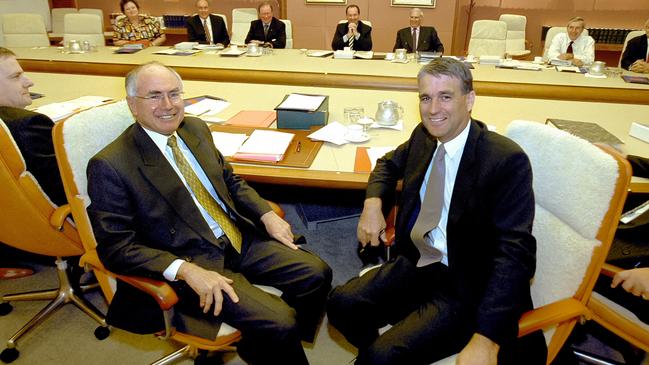
Howard warns on ‘reform fatigue’
John Howard and Peter Costello urge major parties to prioritise deficit and debt reduction to protect the nation from the next major economic shock.
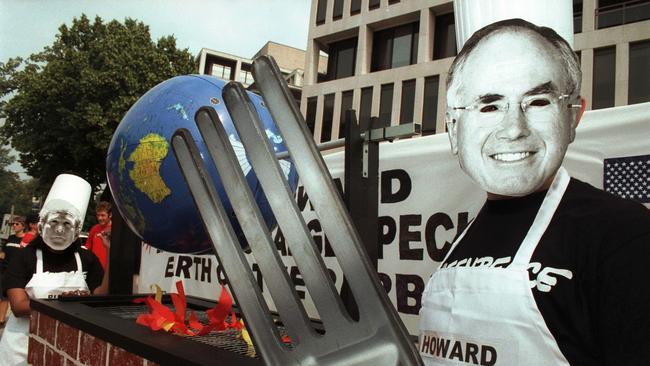
How Kyoto rejection kickstarted the climate wars
Concerns the Kyoto protocol would ‘risk Australia’s competitive advantage in emissions-intensive activities’ were one reason behind Howard government’s refusal to ratify the agreement.
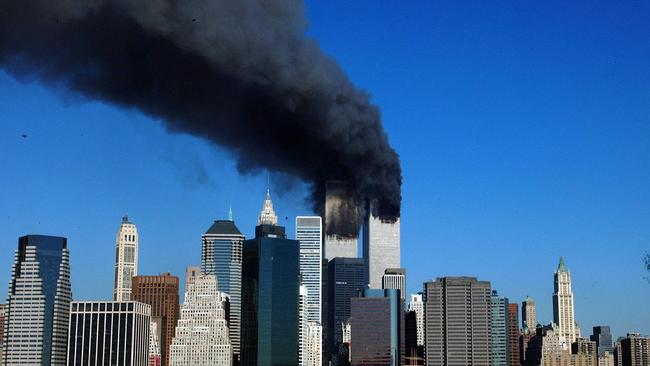
Frustration over new security laws post-9/11
The Department of Prime Minister and Cabinet feared its inability to get state agreement on contentious new security measures in the wake of September 11.
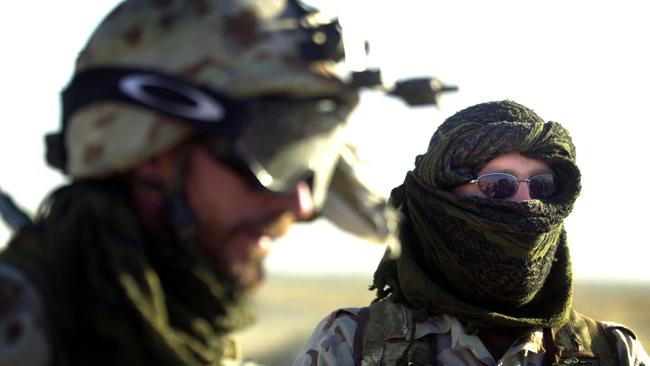
How 9/11, Bali bombings changed our military
With the threat of terrorism looming large, the Howard government created a national special forces command to ensure ‘surgical’ military responses.
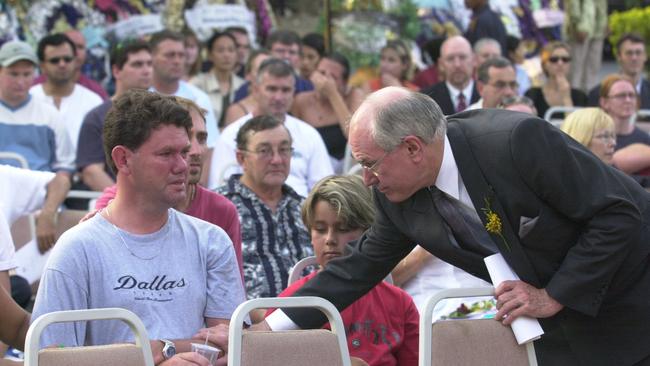
Release of Bali bombmaker ‘regrettable’
Former PM sympathises with victims and relatives over early release from jail of Bali bombmaker Umar Patek.

Australia wary of Afghanistan troop commitment
Declassified national security committee documents reveal that in June of 2002, Defence argued it was ‘not in a position to contribute’ to UN force in Afghanistan.
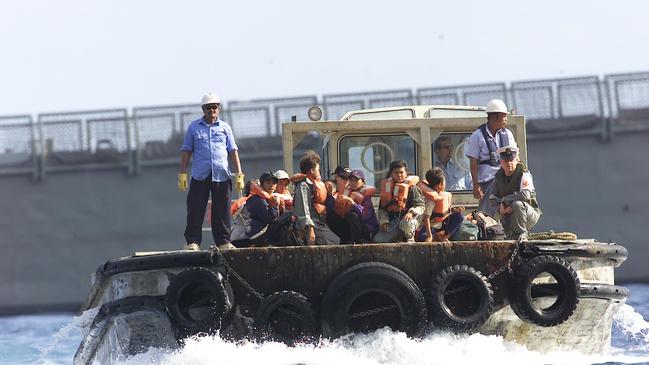
Christmas Island detention centre’s fast-tracking revealed
The Howard government fast-tracked plans to build the first ‘purpose-designed and built’ offshore detention centre controlled by Australia in 2002.
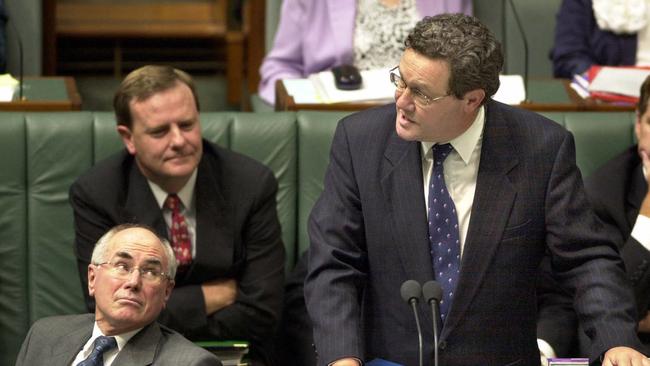
Timor Sea Treaty negotiations to be kept under wraps
Disclosure of details on joint resource-sharing agreement between East Timor and Australia would “damage security”, National Archives rules.
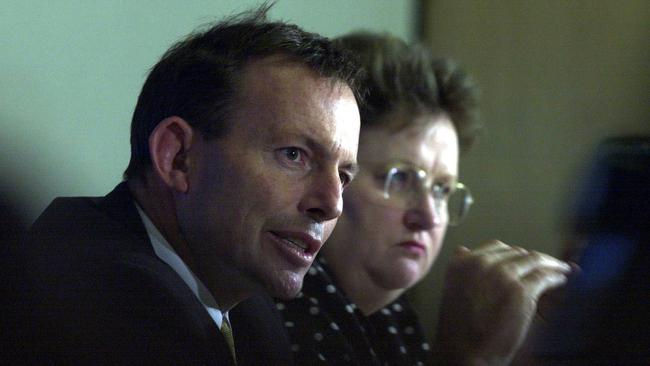
Push to restrain growth of disability pension
Concerns over ‘inappropriate access’ to the Disability Support Pension prompted Howard government to introduce measures to reduce number of recipients, cabinet papers from 2002 reveal.

“The submission also includes provision for increased funding for the Attorney-General’s Department, AFP and AUSTRAC to enable them to continue to meet the need for increased security in the current year and beyond.”
There was also angst in March 2002 over what reforms would be achieved at the commonwealth-state summit on transnational crime and terrorism, with no agreement on the more contentious measures canvassed.
The Department of Prime Minister and Cabinet wrote: “The department … believes the areas of likely agreement with the states and territories at the summit outlined in the submission fall well short of the commonwealth’s initial objectives … (as endorsed by cabinet in December 2001).
“At best, they could be portrayed as incremental improvements … in the areas of terrorism and in dealing with transnational crime. PM&C believes acceptance of such a limited outcome could expose the government to public criticism that it had failed to develop a credible national response to the new environment after the 11 September 2001 terrorist attacks.”
Cabinet was faced with the increasing withdrawal of insurance cover for loss or damage caused by terrorist attacks, beginning in the aviation sector. The federal government was asked to intervene “as the withdrawal of cover means the terrorist risk passes to property and businesses owners and financiers”, then-treasurer Peter Costello wrote.
Cabinet agreed to put a suite of anti-terrorism legislation to parliament in March 2002. “Cabinet confirmed the maximum penalty under the proposed terrorism offences (to be enacted by the security legislation amendment (terrorism) bill 2002) be life imprisonment,” a February cabinet paper said.




To join the conversation, please log in. Don't have an account? Register
Join the conversation, you are commenting as Logout